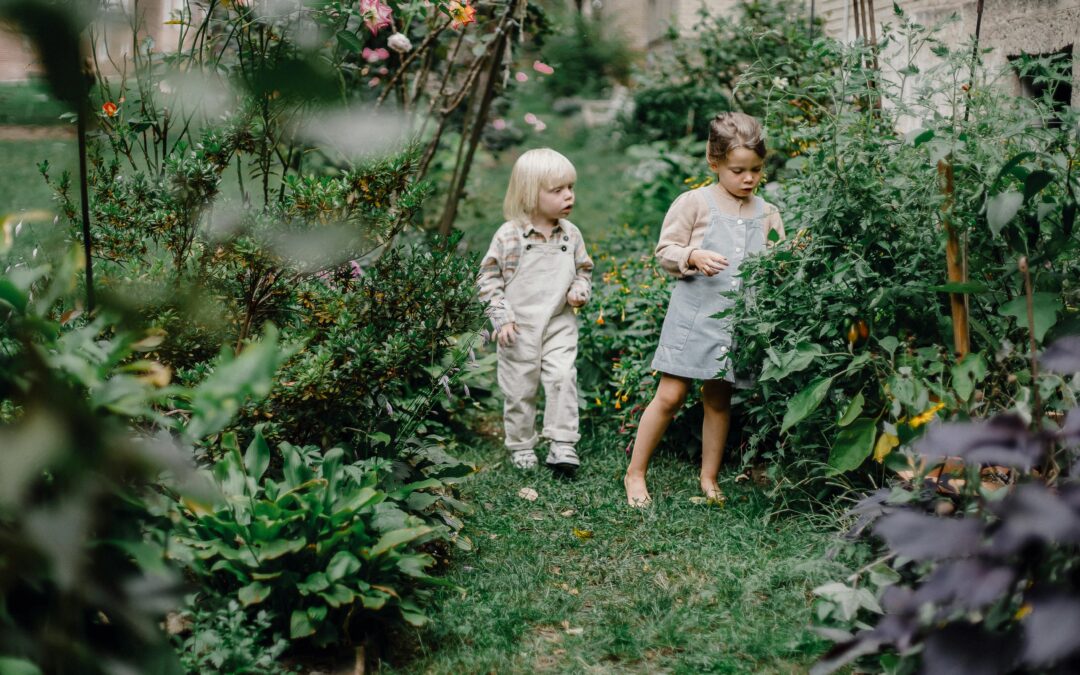December 2, 2024
By Amanda Henderson
Every child carries a spark of curiosity that, when nurtured, can ignite a lifelong passion for learning. As parents, it’s our role to foster this curiosity in ways that resonate deeply with their personal experiences and interests. Encouraging this enduring zest for knowledge equips our children to thrive in an ever-evolving world. It’s about creating a nurturing environment that values education as a joyful and continuous journey. WorldFamilyNews offers these tips.
Bring Their Hobbies Into Learning
Children are naturally curious, and tapping into their existing interests like building or animal care can transform learning into an exciting journey. Introduce engineering principles through block play or delve into biology through the lens of their favorite animals. This method makes education not only enjoyable but deeply relevant to their passions, turning learning into an ongoing adventure that resonates personally with them.
Instill the Growth Mindset
Encourage your child to view intelligence as a quality that can be developed through dedication and effort, rather than a static trait. By portraying challenges as opportunities and mistakes as vital learning moments, you foster a resilient mindset. This approach instills a positive perspective towards learning, motivating your child to approach new challenges with eagerness and a can-do attitude. Cultivating such a mindset helps them understand that persistence and effort are the keys to expanding their capabilities and achieving success.
Praise the Process, Not Just the Results
Emphasize the significance of the learning journey by celebrating your child’s effort and strategic approach, not merely the final outcomes. Commending their persistence and diligence, even when the results aren’t as expected, deepens their appreciation for the effort involved in learning. This method teaches them that true achievement lies in the dedication they show along the way, linking perseverance to success. Over time, they learn that consistent effort is the foundation of achieving their objectives and developing new skills.
Create a Dedicated Learning Space
Create a designated study area in your home that underscores the importance of learning and provides a distraction-free environment for your child. This space should be comfortable and well-equipped with the necessary resources, such as books and art supplies, fostering both academic and creative activities. An inviting and well-organized learning zone not only facilitates focus and efficiency but also helps inculcate a structured approach to study and play. By providing a dedicated area for exploration and learning, you signal to your child that their education is a valued aspect of daily life.
Lead by Example
Embarking on further education can set a strong example for your child; taking online courses for an accounting degree is a practical way to enhance your career and demonstrate lifelong learning. Now is an opportune moment to advance your skills and improve job prospects by exploring the benefits of an online accounting degree. Such programs allow for the acquisition of specialized knowledge in areas like managerial accounting, estate taxation, and accounting research. Online education offers the flexibility to balance work, school, and family commitments effectively.
Encourage Creative Expression
Allowing children to express their understanding through diverse methods like drawing, building, or storytelling enriches their learning experience. This freedom supports their unique ways of processing information and solidifies their comprehension. Encouraging such creative outlets not only aids in retaining knowledge but also in developing a personal connection to what they learn.
Make Learning Fun Through Games
Incorporating play into education through games that teach problem-solving or math skills makes learning an enjoyable activity that children eagerly engage in. This method transforms education into an exciting, game-like experience, fostering both skill development and a love for learning. Playful learning cultivates a positive environment and helps children associate education with fun, encouraging ongoing interest.
Fostering a love of learning in our children is a rewarding endeavor that goes beyond traditional schooling. By integrating education into the home and daily life, we set our children on a path to continuous improvement and curiosity. Our engagement and example are pivotal in shaping their attitudes towards learning. Ultimately, the goal is to help them see that acquiring knowledge is not just necessary — it’s a fulfilling part of life.

